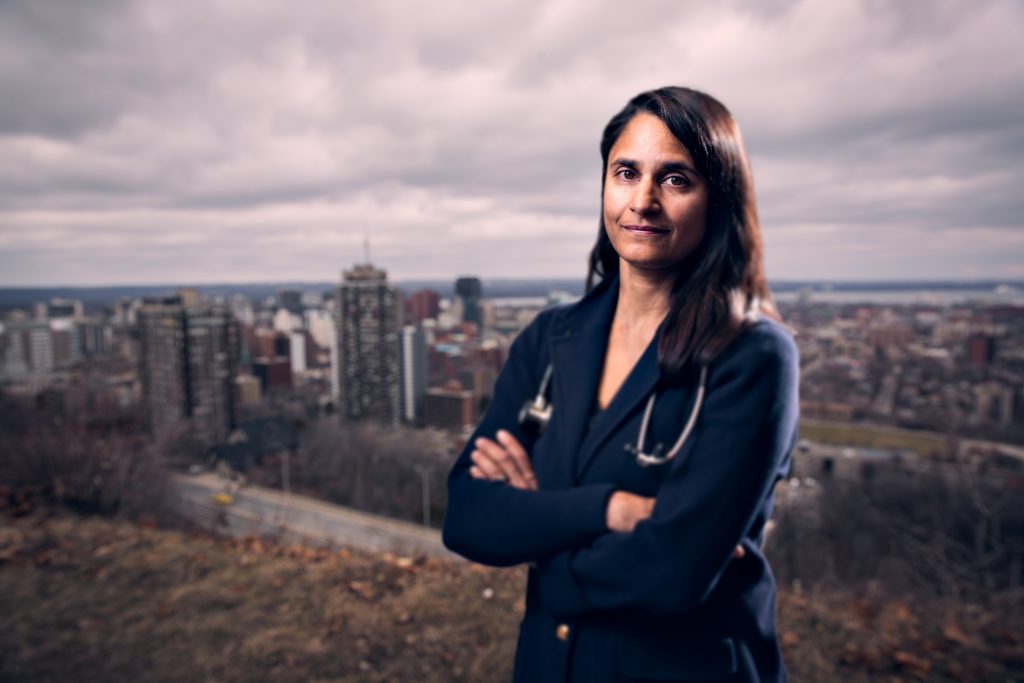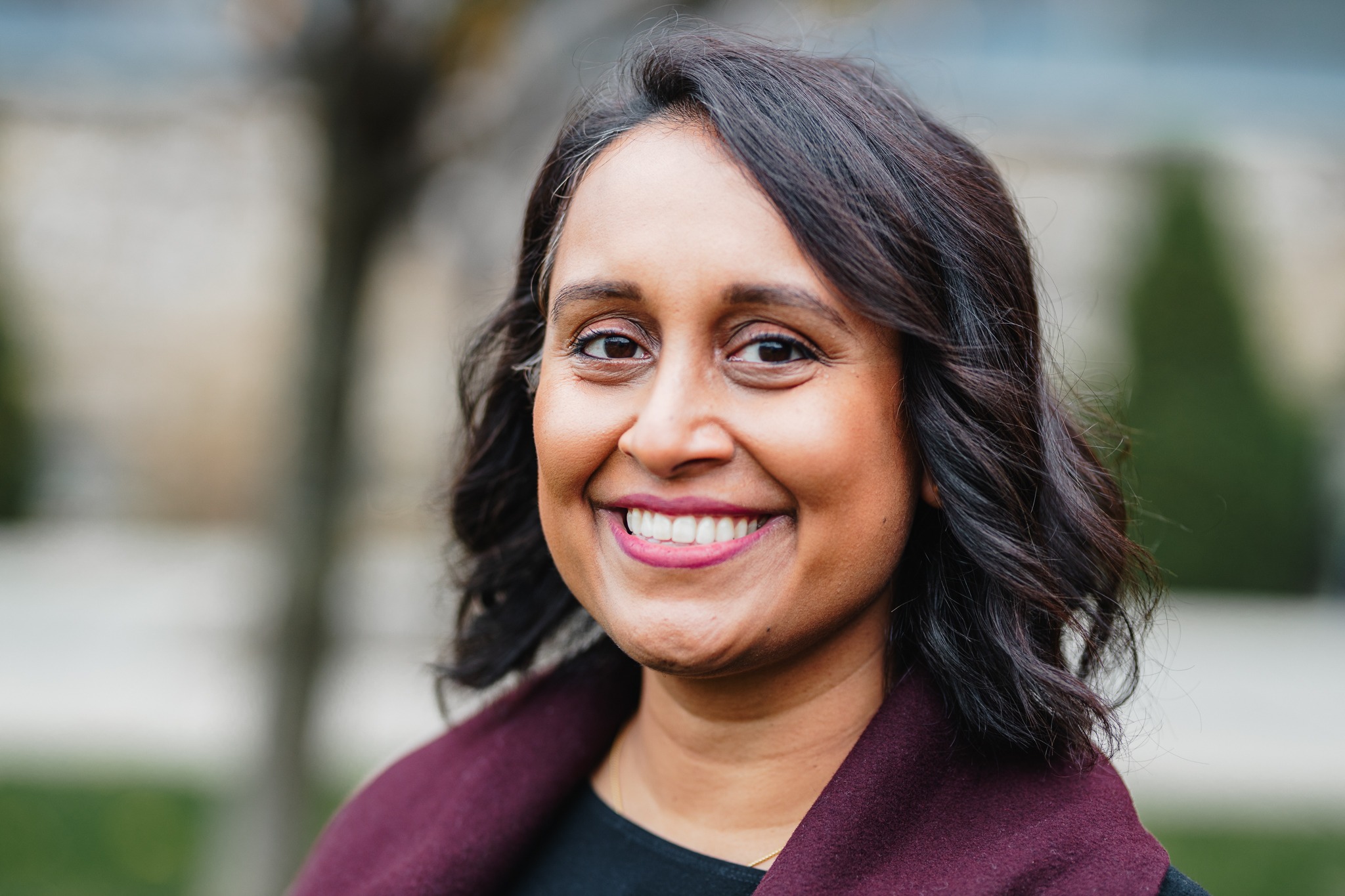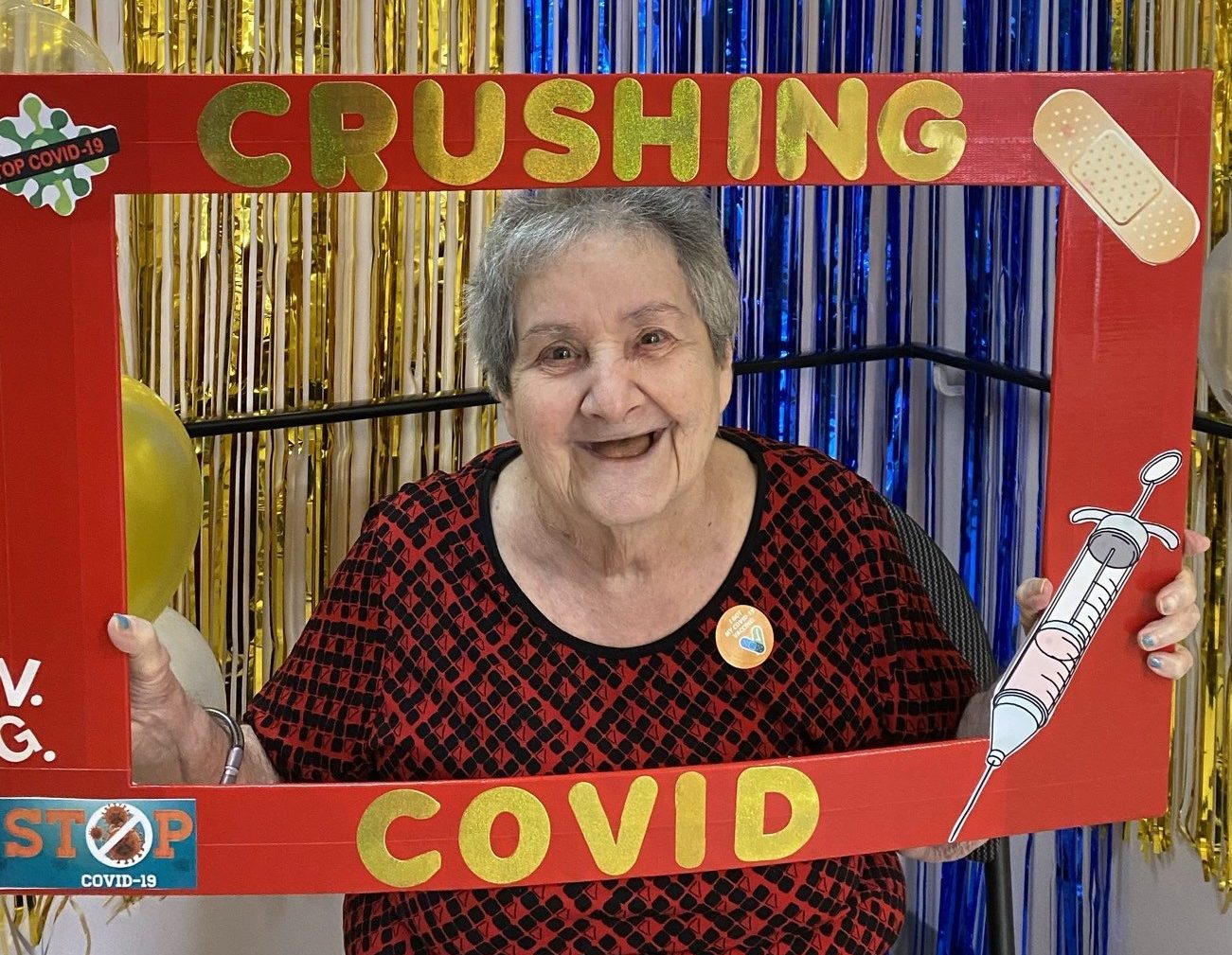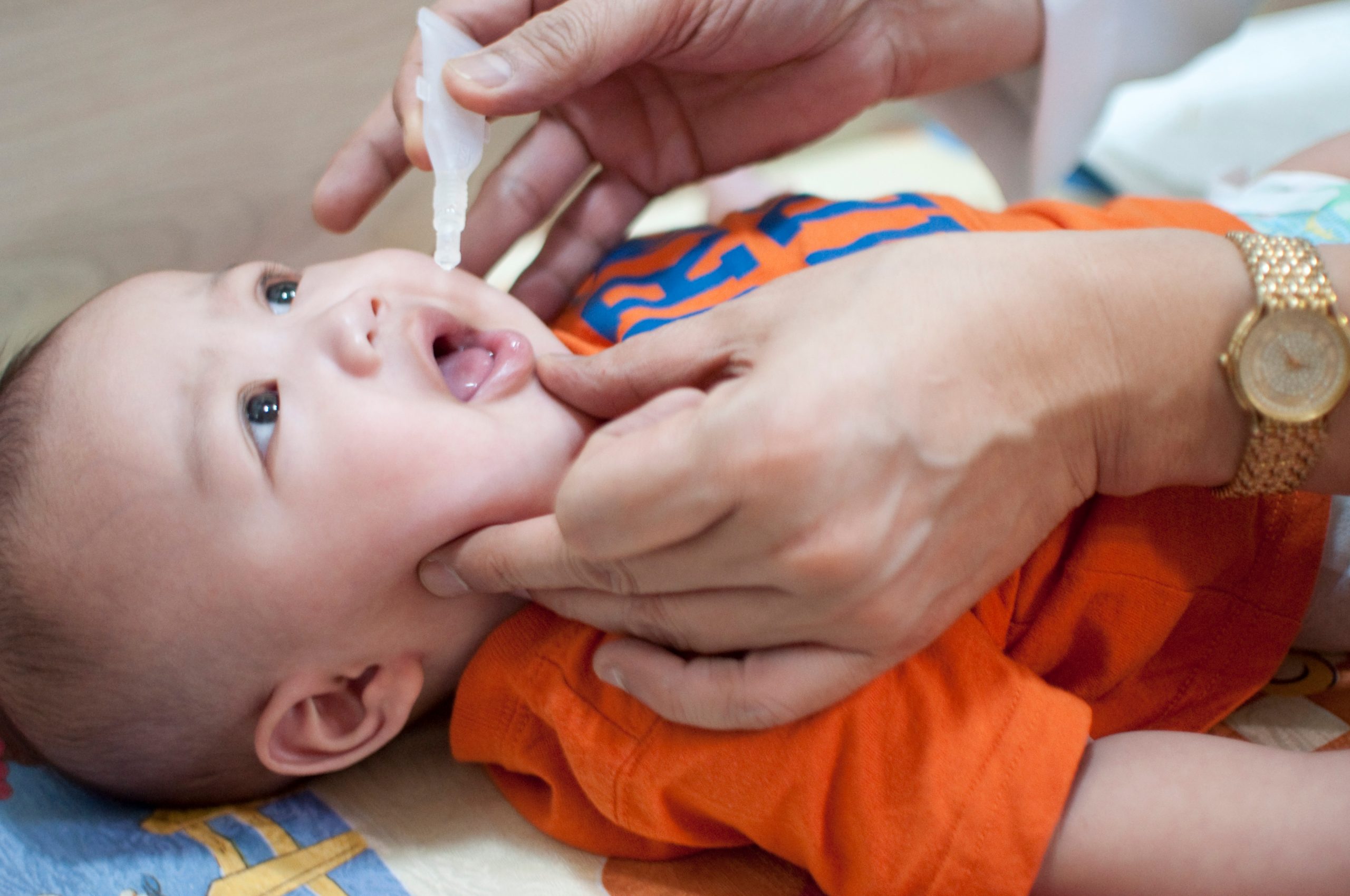
Exploring COVID immune response and vaccine hesitancy among Canada’s South Asian and First Nations communities
Some segments of the Canadian population have been disproportionally affected by the COVID-19 virus, including the South Asian and First Nations communities.
The South Asian community is the fastest growing ethnic group in Canada and refers to those who have ancestors from India, Bangladesh, Nepal, Pakistan and Sri Lanka. These individuals have a five to ten times greater risk of infection and almost double the risk of death from COVID-19 compared to those in Canada of white European ancestry. During the third wave of the pandemic, South Asians in the Greater Toronto Area (GTA) were hit hard and many ended up in hospitals across the province.
Another community greatly affected by COVID-19 are the First Nations, with almost double the number of reported cases compared to the rate of the general Canadian population.
Looking for solutions for these communities
Dr. Sonia Anand and her team at the Population Health Research Institute (PHRI) of Hamilton Health Sciences (HHS) and McMaster University, are leading a research study called COVID CommUNITY to investigate the cause for higher infection rates in both of these communities. The team is looking at social and economic factors such as multigenerational households, biological factors, differences in access and uptake of health care resources, as well as vaccine hesitancy.
“While the COVID-19 virus has been studied for the past year, the majority of study participants have been white European origin so we really don’t know the burden of infection experience by some diverse communities, response to vaccines, and vaccine confidence in such communities,” says Anand, vascular medicine specialist at HHS, senior scientist at PHRI and professor of medicine at McMaster University.
This holds true for the vaccine as well. While it has proven to be effective as vaccination rates rise, researchers want to ensure the immune response is similar across diverse communities. The study, which collects blood samples from participants, examines how the body responds to the vaccine over time.
The research team began recruiting South Asians from the GTA and the Greater Vancouver Area in the spring, and are now recruiting First Nations participants from our local Six Nations of the Grand River; Lac La Ronge Indian Band in Saskatchewan; and Wendake First Nation near Quebec City.
Addressing vaccine hesitancy
The study considers the issue of vaccine confidence as well. For the South Asian community, three online events have been held with a panel of experts, including Dr. Anand, to offer information on the vaccine and answer questions.
“In our engagement with the community we found less vaccine hesitancy than expected among the South Asian community in the GTA,” says Anand. “However, having a panel of experts from within the South Asian community providing information about the vaccine directly to the community was very well received. A number of these South Asian advocates are even emergency room physicians at HHS including Drs. Sim Sandhanwalia and Raj Grewal.”
The team is now engaging on issues of vaccine confidence with its First Nations partners as well.
The study is in its early stages, but the team hopes to be able to support increased COVID-19 vaccination rates, while developing the data to support decisions on dose intervals in the future.
This study is supported by the Government of Canada, through its COVID-19 Immunity Task Force and Vaccine Surveillance Reference Group.
People who are First Nations from Six Nations of the Grand River, Lac La Ronge Indian Band or Wendake that are interested in participating may contact covidcommunity@phri.ca.



